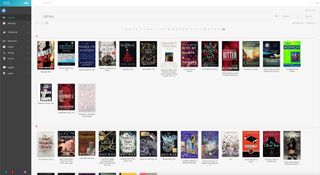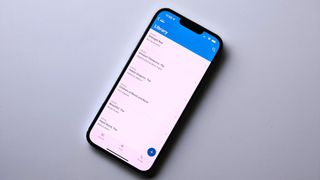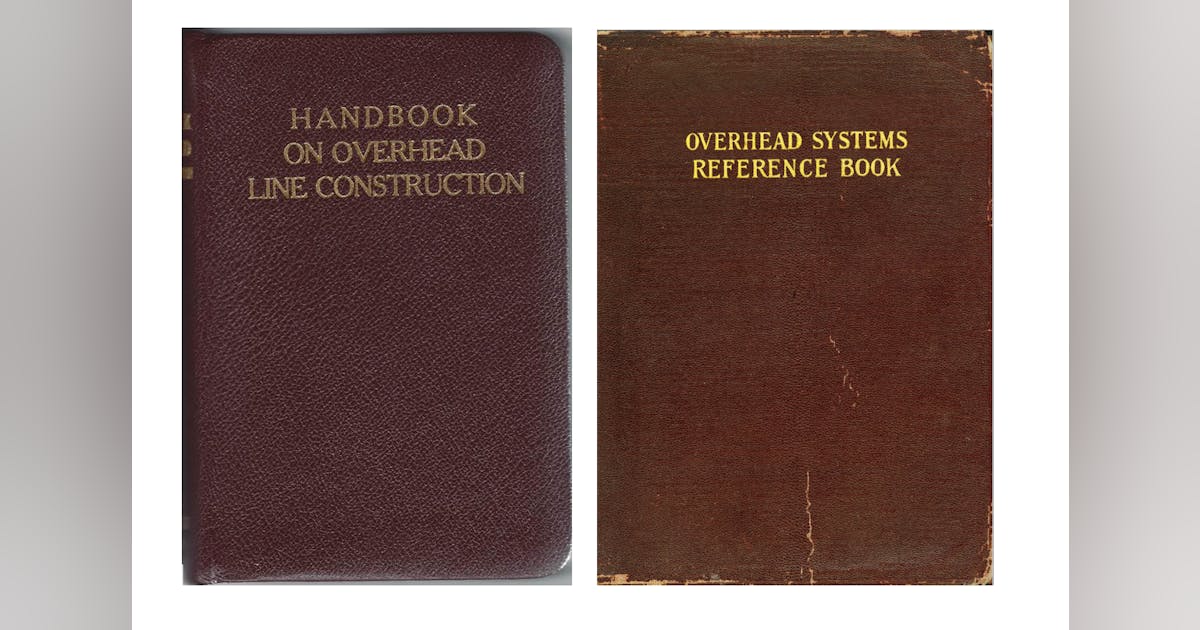Step into my house and you’ll immediately notice two things: one of my cats, who loves meeting new people, and hundreds of books. Being a book lover – and being married to a librarian to boot – means I’ve collected so many books in my lifetime. The worst? I’ve moved them all more times than I care to admit.
When you have a lot of media, or items in general, you need a way to keep track of it all. For my video games, I have the excellent GOG Galaxy 2.0 software which pulls my PC games from all storefronts and my PS4. It just lacks support for my Nintendo Switch games, but those are so few anyway. (I even started taking inventory of my pantry, but I’ll share that story another time.)
Another problem with having so many books is that you forget what you have. When you have as many undocumented books as my wife and I, you’re bound to buy one twice (or three) eventually. And this happened more than once in my house.
I started to get fed up and so I looked for a solution. You can use Goodreads for this by creating a new shelf for all the books you own. It’s a great option, but something about Amazon-owned Goodreads rubs me the wrong way. I use it for my TBR (to read) list and to check community reviews for a particular book, but that’s it.
I’ve found libib, a library inventory management system with a personal home edition (it’s free up to 5,000 items!). While I would have preferred a free and open source, self-hosted alternative, I liked the features Libib offered. Plus, there are mobile apps with barcode scanners to check whether you own a book or not (and to add it to your library). This scanner has been invaluable on the many trips my wife and I make to Barnes & Noble and second-hand bookstores throughout Metro DC and Northern Virginia.
You create a free account at Libib, then you launch the creation of your libraries. I have two libraries: one for our books and another for my manga and comics. You can easily search, tag, and manage your library from the desktop web UI or mobile apps. Please note that the iOS version is much better than the Android version. You can even get Goodreads-like functionality by creating Read and Want to Read categories.
Sometimes Libib struggles to find books and their metadata based on barcode alone. You can search by ISBN, which works almost every time, or you can add books on your own by manually entering the information. Later, you can download book covers from the Internet and add them to the database if the blank covers get in the way (I’m here with you).
My wife and I finally managed to complete our library’s inventory, while purging a ton of books in the process. It took a while, but it was a fun project. Now, when we find a book in nature that intrigues us, we can easily check if we already have it. And Libib’s clean interface on desktop and mobile makes it easy to read your personal library. It certainly helps to rediscover those things you had forgotten.
I highly recommend this software to all book lovers. You can create up to 100 libraries in the free tier, and you can even document your movies, video games, and music. 5,000 individual items is a big cap, more than enough for most people. You can make your libraries public, so people can follow you. There’s even a community aspect to Libib similar to Goodreads, so you can see what your friends have read or purchased. It’s not really something I’m interested in, but it’s there if you want it.
Libib is a great organizational tool and has helped my family immensely. If you have a problem buying books – if you can call it that – then you might just want to try Libib for yourself.









/cloudfront-us-east-1.images.arcpublishing.com/gray/LMS4GGRVH5AB5IAHCD22D6S3SA.jpg)